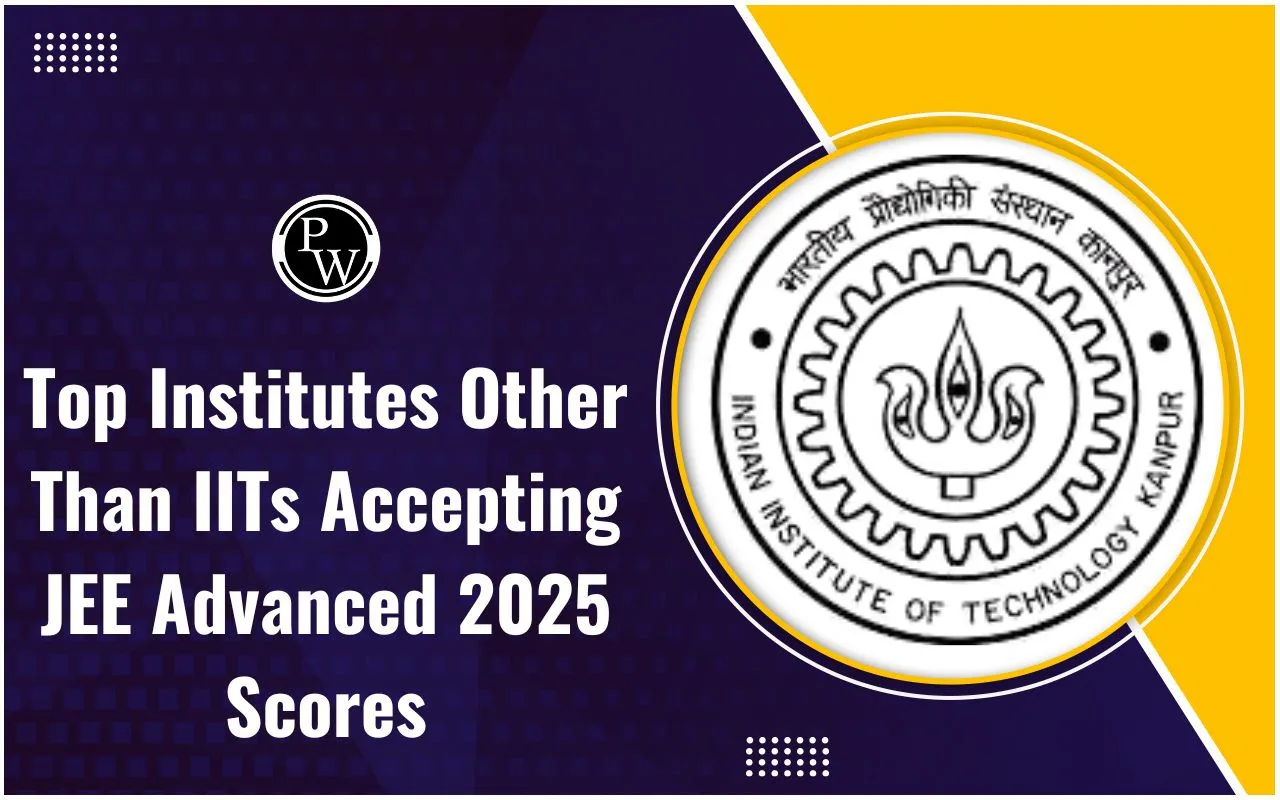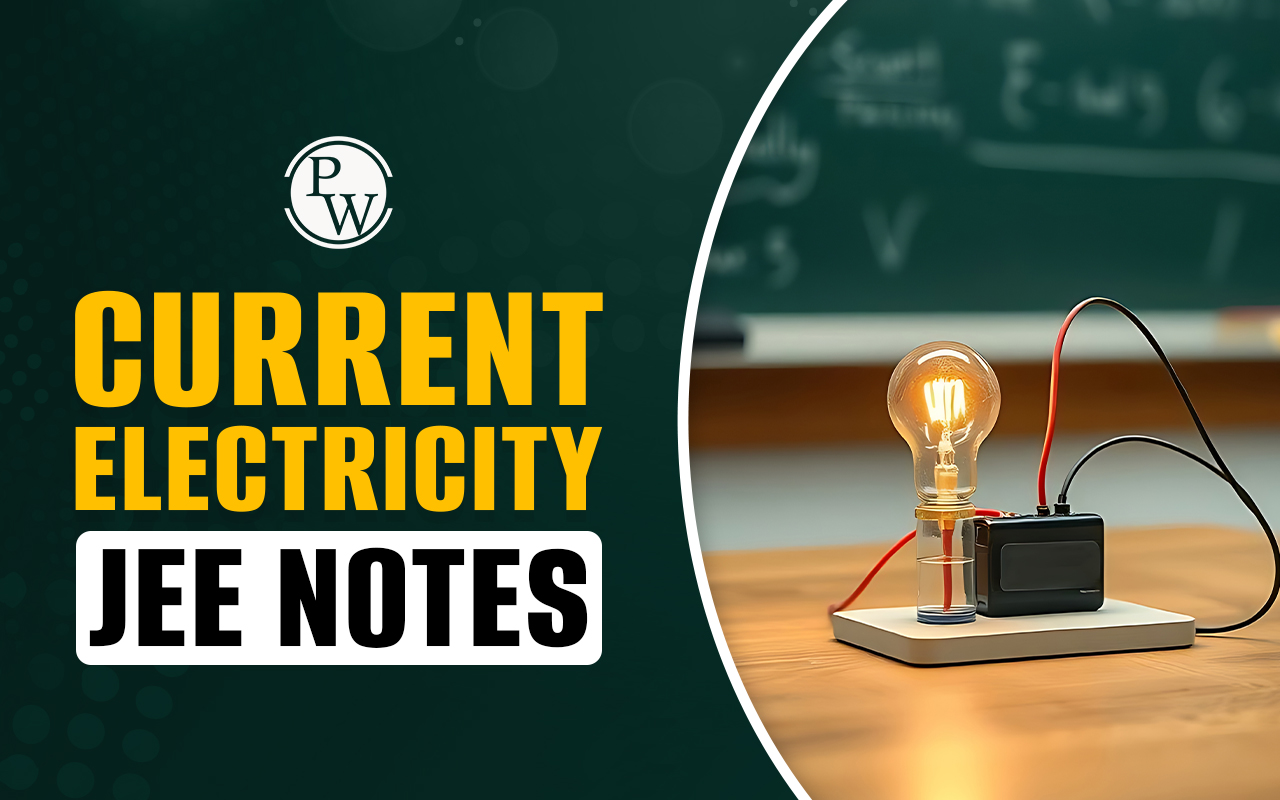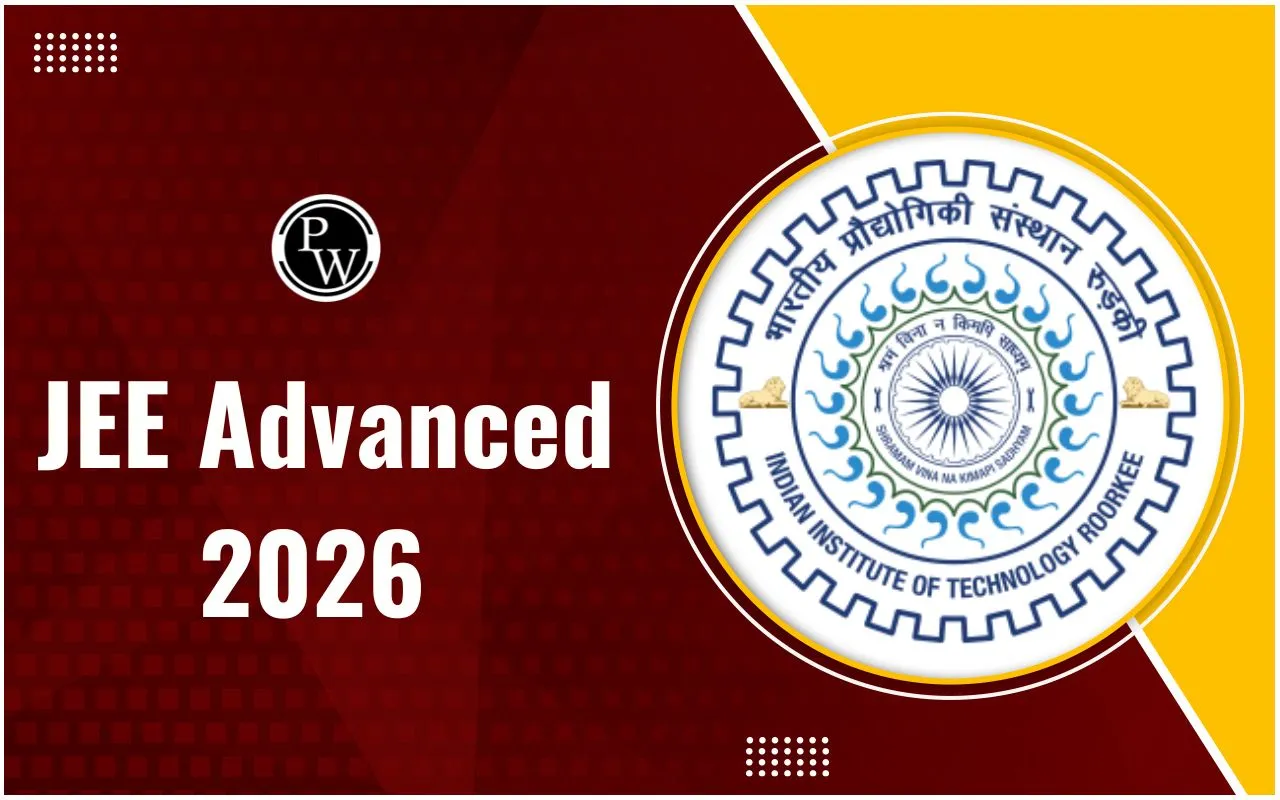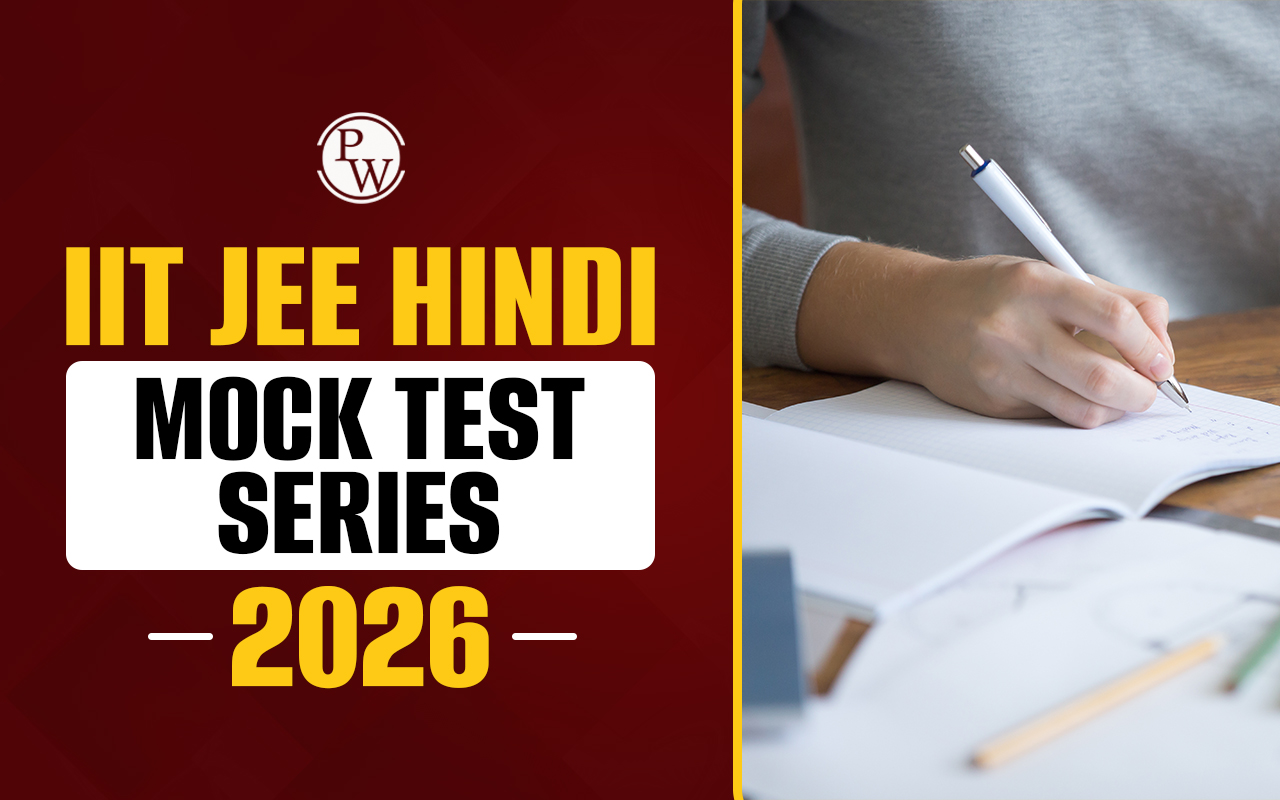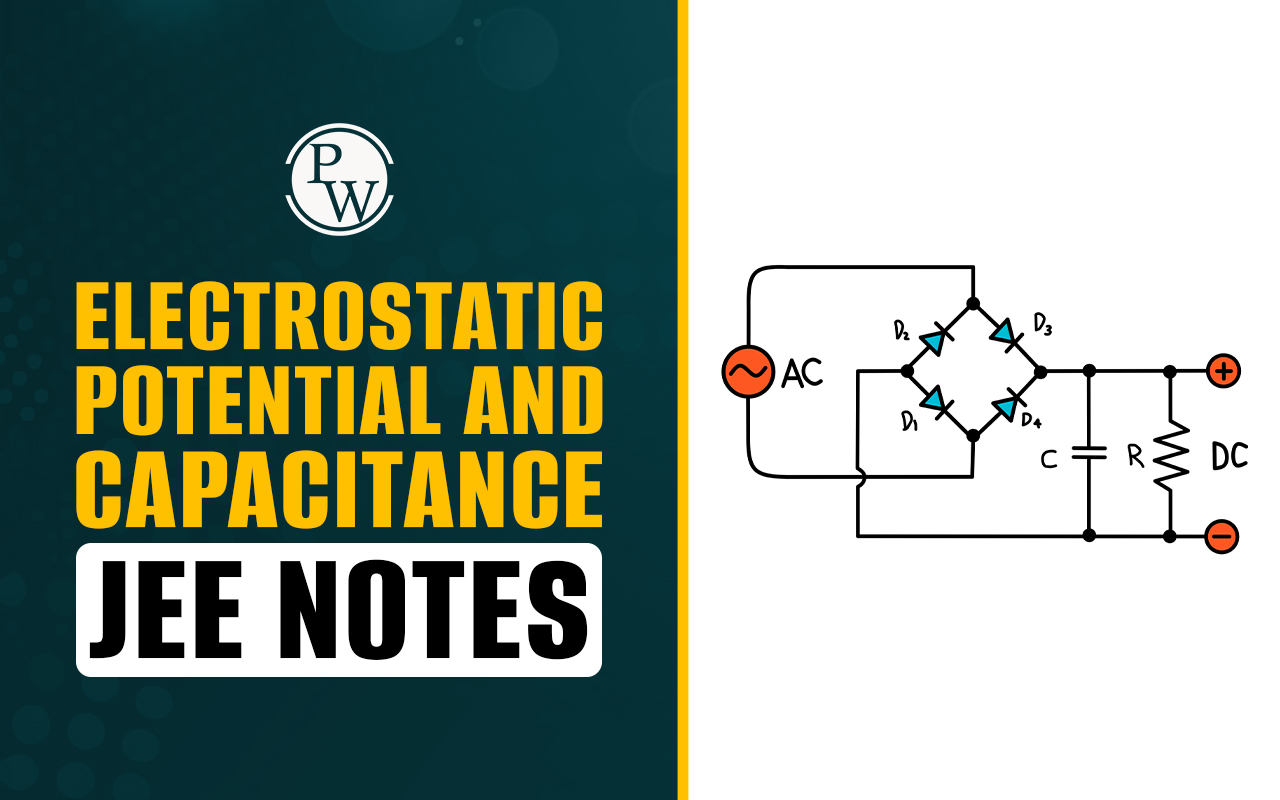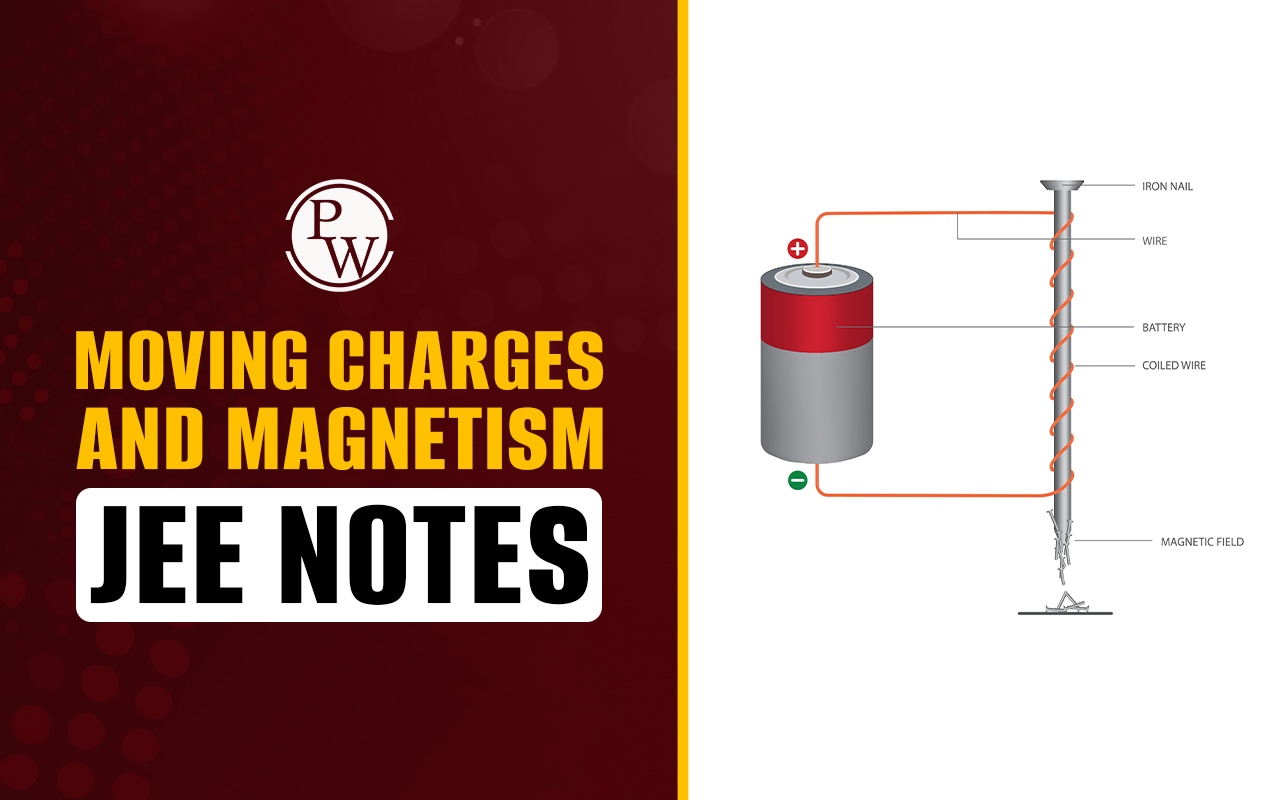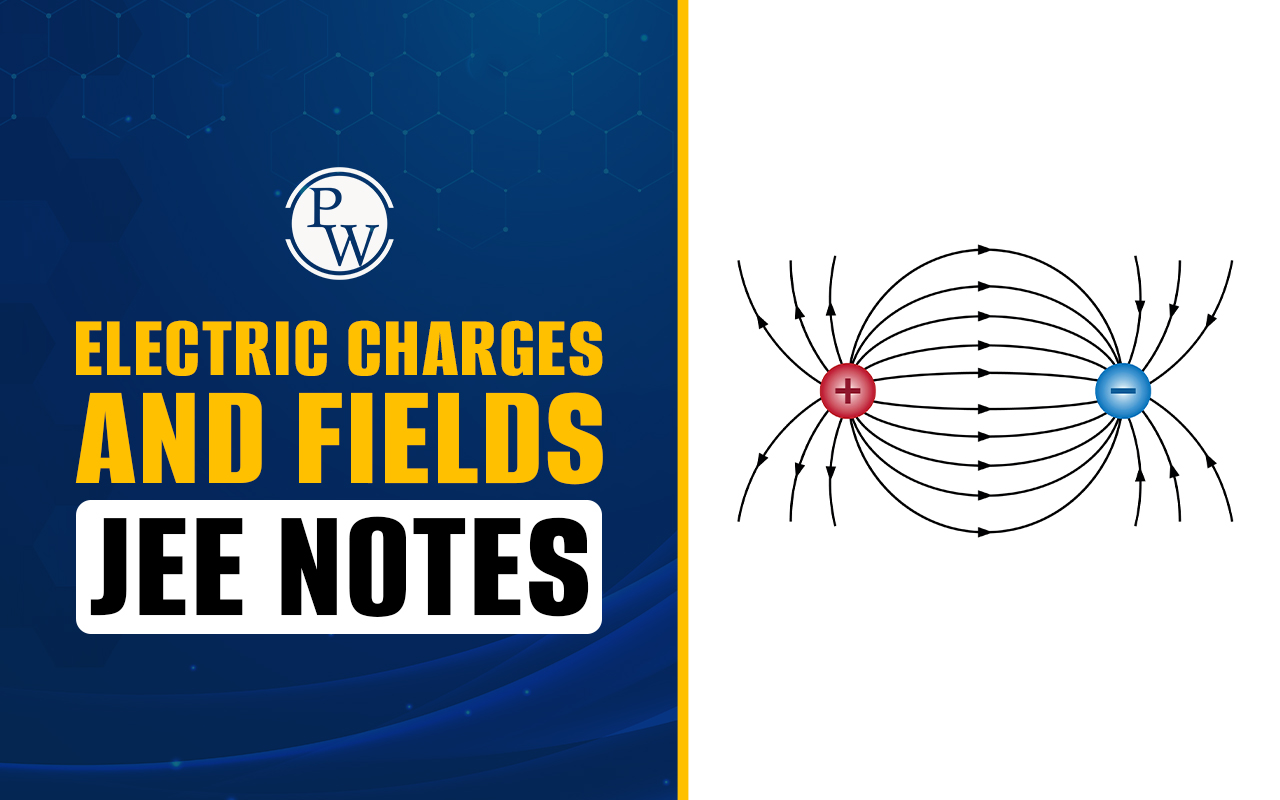
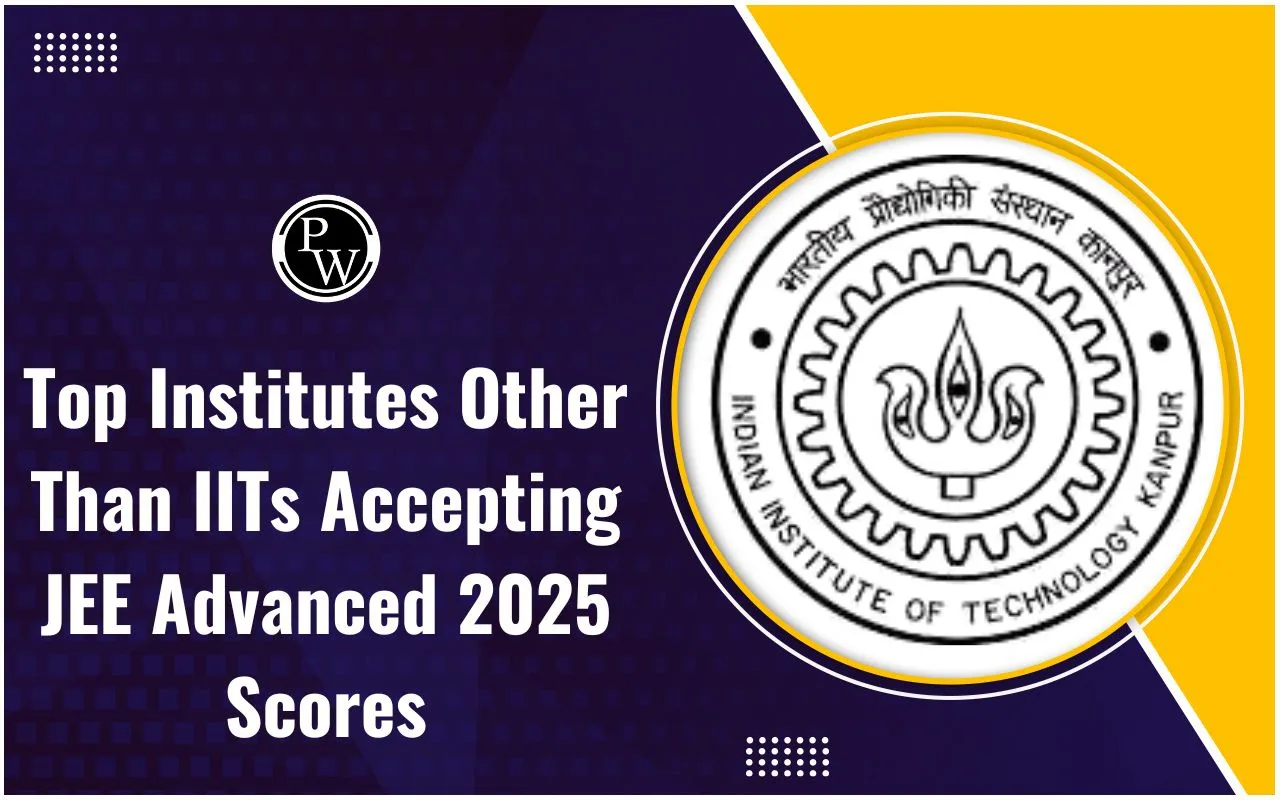
Top Institutes Other Than IITs Accepting JEE Advanced 2025 Scores : The Joint Entrance Examination (Advanced) is one of the most prestigious exams for students who wish to pursue an undergraduate degree in the engineering and technology field. While cracking JEE Advanced opens the door to top IITs, it’s important to know that the score can also help secure admission to several other renowned institutes across the country.
IIT Kanpur will be conducting JEE Advanced 2025, and students who perform well in this exam can consider a wide range of institutions for their engineering studies. This means that students who perform well in JEE Advanced can secure a seat in some of India’s leading engineering colleges other than IITs. Let’s explore some of the top institutes other than IITs accepting JEE Advanced 2025 scores.
Top Institutes Other Than IITs Accepting JEE Advanced 2025 Scores
After cracking JEE Main, students are eligible to appear for JEE Advanced with the goal of gaining admission to IITs. However, due to the growing number of applicants each year, many consider IIT alternatives to ensure they have access to quality education. With only around 17,000 seats available at IITs, the competition for admission is intense.
Apart from IITs, several other institutions accept JEE Advanced scores, offering opportunities to pursue engineering degrees. These institutes maintain high academic standards, provide a wide range of engineering and technology courses, and ensure strong career prospects for their graduates. For the ease of applicants, here is the list of the best JEE Advanced institutes to apply for other than the IITs.
5 IIT Alternatives Accepting JEE Advanced 2025 Score
Several prestigious institutes, aside from IITs, accept JEE Advanced scores for admission into various engineering and science courses. Find out the 5 best IIT alternatives accepting JEE Advanced 2025 score:
-
Indian Institute of Science (IISc), Bangalore : IISc is renowned for its excellence in research and education, consistently ranking at the top in the National Institutional Ranking Framework (NIRF) for universities. Students can apply for the Bachelor of Science (IISc BS) course through JEE Advanced scores, focusing on advanced scientific education.
-
Indian Institutes of Science Education and Research (IISERs) : IISERs, located in cities like Pune, Kolkata, and Mohali, offer a BS-MS dual degree program. These institutes are dedicated to science education and research, fostering scientific talent and innovation. JEE Advanced scores are accepted for admission into these programs.
-
Indian Institute of Space Science and Technology (IIST), Thiruvananthapuram : IIST is an esteemed institution for aerospace studies, offering B.Tech courses in Aerospace Engineering and Electronics and Communication Engineering (Avionics), along with a 5-year dual degree program. Admission is granted through JEE Advanced scores.
-
Indian Institute of Petroleum Engineering (IIPE) : IIPE accepts JEE Advanced scores for its undergraduate programs in Petroleum Engineering, Chemical Engineering, and Mechanical Engineering, providing students with specialized education in the petroleum industry.
- Rajiv Gandhi Institute of Petroleum Technology (RGIPT) : RGIPT also admits students into its B.Tech programs through JEE Advanced scores. It offers courses in petroleum engineering, contributing to the growing demand for professionals in the energy sector.
List of Private Colleges Accepting JEE 2025 Score
Several private engineering colleges in India accept JEE 2025 scores for admission. These institutions are known for their strong academic programs, modern infrastructure, and industry-oriented education. While some conduct their own entrance exams, they also provide admission based on JEE Main or JEE Advanced scores, as outlined below:
-
Vellore Institute of Technology : VIT is a well-known private university that primarily conducts its own entrance exam, VITEEE (VIT Engineering Entrance Examination), for admission. However, students with JEE Main scores can also apply for B.Tech programs. The university offers various engineering courses and is known for its research facilities and placement opportunities.
-
Manipal Institute of Technology : MIT, a part of Manipal Academy of Higher Education, allows students to secure admission through MU OET (Manipal University Online Entrance Test) or JEE Main scores. The institute offers a range of engineering courses and has strong industry collaborations to enhance practical learning.
-
SRM Institute of Science and Technology : SRM University conducts SRMJEEE, its own entrance exam, for B.Tech admissions. However, applicants with JEE Main and JEE Advanced scores can also apply. The university provides various engineering programs and has a strong placement record with recruiters from top industries.
-
Thapar Institute of Engineering and Technology : Thapar Institute is one of the oldest and most reputed private engineering colleges in India. It accepts JEE Main scores for admission and offers undergraduate programs in multiple engineering disciplines. The institute is known for its high academic standards and research initiatives.
- Amity University : Amity University conducts its own entrance exam but also considers JEE Main and JEE Advanced scores for admission. It offers a wide range of engineering programs with modern facilities, research opportunities, and global academic partnerships.
-
Lovely Professional University : LPU conducts LPUNEST (Lovely Professional University National Entrance and Scholarship Test) for engineering admissions. However, students with JEE Main and JEE Advanced scores can also apply. The university provides scholarships and has a strong focus on innovation and entrepreneurship.
-
Symbiosis Institute of Technology : This institute accepts JEE Main and MHT-CET (Maharashtra Common Entrance Test) scores for admission. The institute offers quality engineering education and focuses on practical learning with industry exposure.
-
Jain University : It conducts JET (Jain Entrance Test) as its primary admission test but also accepts JEE Main and JEE Advanced scores. The university offers engineering programs with a focus on skill development and research.
These private colleges provide good alternatives for JEE Main and Advanced qualified students who may not secure a seat in IITs or NITs but still wish to pursue quality engineering education. It is important for aspirants to check the admission criteria of each institute, as some colleges accept JEE scores along with their own entrance exams or other national and state-level exams.
How to Choose IIT Alternative Based on JEE Advanced Score?
Selecting the right institute apart from IITs after JEE Advanced requires careful evaluation of several factors. Since different institutes offer unique academic environments and career opportunities, aspirants should focus on aspects that align with their goals and preferences.
- Academic Reputation : Research the institute’s ranking, accreditation, and the quality of education it provides. Institutions like IISc, IISERs, and IIST are known for their excellence in science and technology.
-
Course Availability : Look for institutes that offer the desired engineering or science programs. Some institutes specialize in specific fields, such as space technology at IIST and petroleum engineering at IIPE.
-
Faculty and Research Facilities : The quality of faculty and availability of research opportunities are crucial for academic growth. Institutes with strong research programs can provide better exposure and hands-on learning experiences.
-
Placement Records : Reviewing the past placement trends and recruiter profiles can help in assessing future career prospects. Institutes with strong industry connections provide better job opportunities.
- Campus Infrastructure : A well-equipped campus with modern laboratories, libraries, and other facilities enhances the learning experience. Checking for hostel availability, student amenities, and extracurricular activities is also advised.
Tips to Crack JEE Advanced 2025 in the First Attempt
With JEE Main 2025 Session 1 recently concluded in January and Session 2 scheduled for April, aspirants now have a clear path toward JEE Advanced 2025. With only a few months left, focusing on the right strategies is crucial to maximizing performance in the final stage. Here are some practical and timely tips to help aspirants crack JEE Advanced 2025 on the first attempt.
1. Utilize the Gap Between JEE Main Session 2 and Advanced Wisely : After JEE Main Session 2 in April, there will be around a month before JEE Advanced 2025 (scheduled for May 18). This period is important:
-
Identify weak areas from JEE Main and work on them immediately.
-
Shift focus to advanced-level questions, as the difficulty level is higher than JEE Main.
-
Solve the past 10 years’ JEE Advanced papers to understand the problem-solving approach needed.
2. Avoid Completely New Topics Now : If a particular topic has been left out, it is better to strengthen strong areas rather than rush through new topics. JEE Advanced demands deep conceptual understanding, so revising and mastering already-studied concepts will be more beneficial than last-minute learning.
3. Focus on Subject-Wise Strategies
-
Physics: Strengthen application-based concepts and practice multi-concept problems. Pay extra attention to mechanics, electrodynamics, and modern physics.
-
Chemistry: Prioritize organic reaction mechanisms, inorganic NCERT-based revision, and physical chemistry numerical practice.
-
Mathematics: Improve calculation speed and master solving lengthy integer-type and matrix-match questions.
4. Take Full-Length Mock Tests in May : JEE Advanced 2025 is going to be a computer-based test, so get comfortable with online mock tests. Try to take at least 6–8 full-length mock tests in May, simulating actual exam conditions.
-
Analyze accuracy, time management, and weak areas after each test.
-
Work on silly mistakes, calculation errors, and time-consuming problems.
5. Adjust to the JEE Advanced Question Style : Unlike JEE Main, JEE Advanced has multiple correct answers, numerical-based questions, and comprehension-type problems.
-
Solve mixed concept problems, as many questions require applying multiple chapters together.
-
Focus on derivation-based and conceptual questions rather than formula-based ones.
Study Material For JEE Main 2025 Preparation
Physics Wallah (PW) offers comprehensive study material for JEE 2025, designed to help students excel in this competitive exam. The material includes detailed theory notes, practice questions, previous years’ papers, and mock tests for Physics, Chemistry, and Mathematics. Each topic is explained with clear concepts and illustrated examples, ensuring a strong foundation
Top Institutes Other Than IITs Accepting JEE Advanced 2025 Scores FAQs
Q.1 : Are there top institutes other than IITs accepting JEE Advanced 2025 scores?
Q. 2 : Do foreign universities accept JEE Main and Advanced scores for undergraduate admission?
Q.3 : Which is better, IIT or private colleges after JEE Advanced 2025?
Q.4 : When is the JEE Advanced 2025 exam set for?
Q.5 : Which is the best IIT alternative based on JEE Advanced scores?

